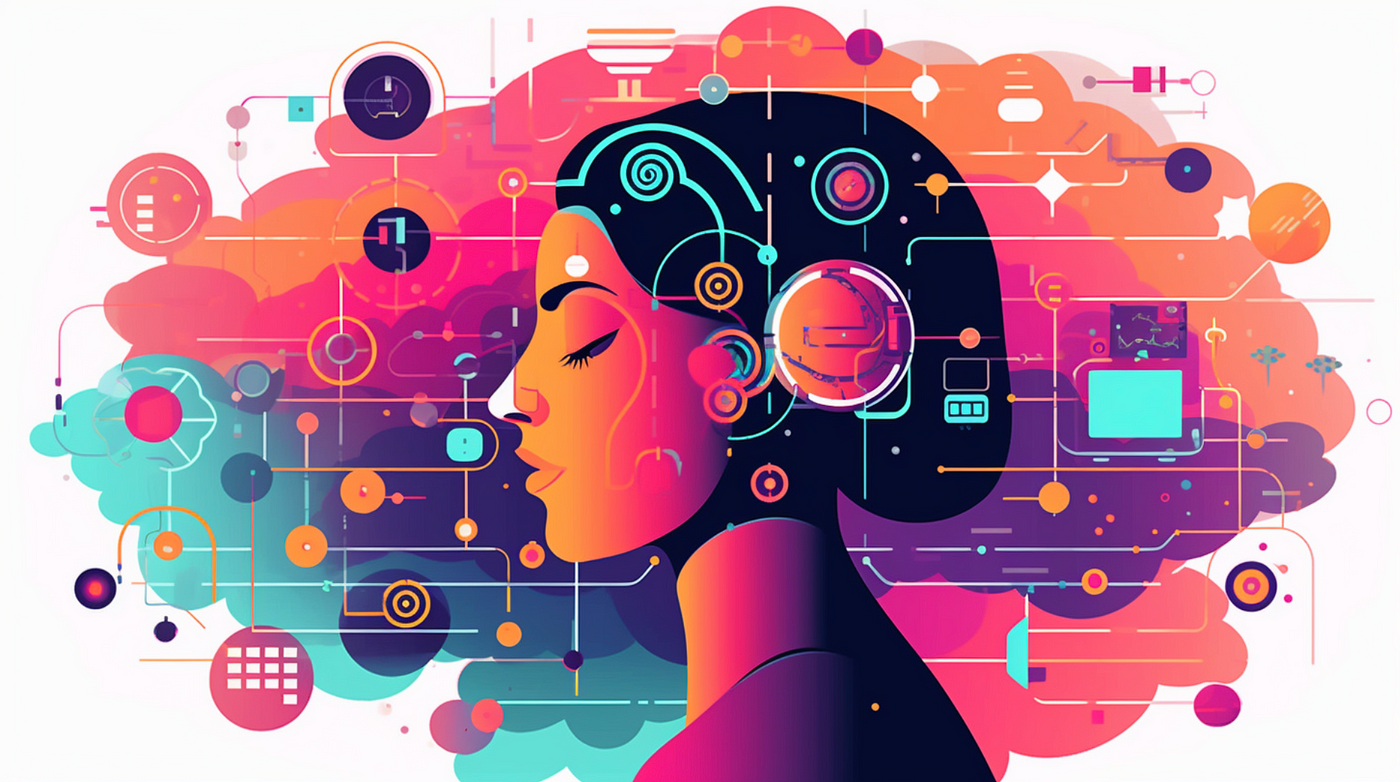Artificial intelligence (AI) has transcended the realm of science fiction and firmly planted its roots in our daily lives. From personalized recommendations on streaming platforms to sophisticated medical diagnoses, AI’s influence is undeniable. But where is this transformative technology headed in the next decade? Experts across diverse fields are offering their insights, painting a picture of a future where AI is more pervasive, more integrated, and perhaps, more profound than we can currently imagine.
The Rise of Generative AI and Creative Autonomy:
One of the most captivating trends is the explosive growth of generative AI. Models like GPT-4, DALL-E, and Stable Diffusion have demonstrated an uncanny ability to create text, images, music, and even code. Over the next decade, we can expect:
- Enhanced Creative Tools: AI will become an indispensable tool for artists, designers, and content creators, enabling them to explore new creative frontiers and automate tedious tasks. Imagine AI-powered tools that can generate entire movie scripts, compose symphonies, or design intricate architectural blueprints based on simple prompts.
- Personalized Content at Scale: AI will enable the creation of highly personalized content tailored to individual preferences. This could revolutionize marketing, education, and entertainment, leading to more engaging and immersive experiences.
- Synthetic Data and Simulation: AI will generate realistic synthetic data for training models and simulating complex scenarios, from climate change to financial markets. This will accelerate research and development in various fields, offering insights that would be impossible to obtain through traditional methods.
AI’s Deep Dive into Domain-Specific Applications:
While general-purpose AI models are impressive, the future lies in specialized AI systems designed for specific domains. Experts predict:
- AI-Powered Healthcare Revolution: AI will transform healthcare through faster and more accurate diagnoses, personalized treatment plans, and drug discovery. AI-powered robotic surgery and remote patient monitoring will become more prevalent, improving access to quality healthcare.
- Autonomous Transportation and Smart Cities: Self-driving cars, drone delivery, and intelligent traffic management systems will become more commonplace, leading to safer and more efficient transportation. AI will play a crucial role in managing smart cities, optimizing energy consumption, and improving public services.
- AI in Scientific Discovery: AI will accelerate scientific breakthroughs by analyzing vast datasets and identifying patterns that humans might miss. This could lead to new discoveries in fields like materials science, genomics, and astrophysics.
- AI for Sustainable Solutions: AI will be instrumental in addressing climate change and other environmental challenges. It can optimize energy grids, predict natural disasters, and develop new sustainable materials.
The Ethical and Societal Considerations:
As AI becomes more powerful, ethical and societal considerations become paramount. Experts emphasize the need for:
- Bias Mitigation and Fairness: AI models can inherit and amplify existing biases in data, leading to discriminatory outcomes. Addressing this issue requires careful data curation, algorithmic transparency, and ongoing monitoring.
- Job Displacement and Workforce Transformation: AI-driven automation will inevitably lead to job displacement in certain sectors. However, it will also create new opportunities in AI development, maintenance, and related fields. The focus should be on workforce retraining and upskilling.
- AI Safety and Control: As AI systems become more autonomous, ensuring their safety and control is crucial. Research into AI safety and alignment is essential to prevent unintended consequences.
- Data Privacy and Security: The increasing reliance on AI raises concerns about data privacy and security. Robust data protection measures and ethical guidelines are needed to ensure responsible data handling.
- Regulation and Governance: Governments and international organizations will need to develop comprehensive regulations and governance frameworks to address the ethical and societal implications of AI.
The Human-AI Collaboration:
The future of AI is not about replacing humans but rather about fostering a symbiotic relationship where humans and AI work together to achieve greater outcomes. Experts foresee:
- Augmented Intelligence: AI will augment human capabilities, enabling us to make better decisions, solve complex problems, and enhance our creativity.
- Collaborative Robots (Cobots): Cobots will work alongside humans in various industries, performing repetitive or dangerous tasks while humans focus on more complex and creative aspects of the work.
- Personalized AI Assistants: AI assistants will become more sophisticated, anticipating our needs and providing proactive support in various aspects of our lives.
Challenges and Uncertainties:
Despite the optimistic outlook, significant challenges and uncertainties remain:
- The AI “Black Box” Problem: Many AI models, particularly deep learning models, are complex and opaque, making it difficult to understand how they arrive at their conclusions. This lack of transparency can hinder trust and adoption.
- Data Scarcity and Quality: Training powerful AI models requires vast amounts of high-quality data. Data scarcity and bias can limit the performance and reliability of AI systems.
- Energy Consumption: Training and running large AI models can consume significant amounts of energy, raising concerns about environmental sustainability.
- The Unknown Unknowns: As with any emerging technology, there are unforeseen challenges and opportunities that we cannot yet anticipate.
Conclusion:
The next decade promises to be a transformative era for AI in Kuwait , with advancements that will reshape industries, redefine human capabilities, and raise profound ethical and societal questions. While predicting the future with certainty is impossible, the insights from experts provide a glimpse into the potential of AI to create a more intelligent, efficient, and equitable world. However, realizing this potential requires a concerted effort to address the ethical challenges, promote responsible development, and foster a collaborative relationship between humans and AI. The journey ahead is filled with both excitement and uncertainty, but one thing is clear: AI is here to stay, and its impact on our lives will only continue to grow.


